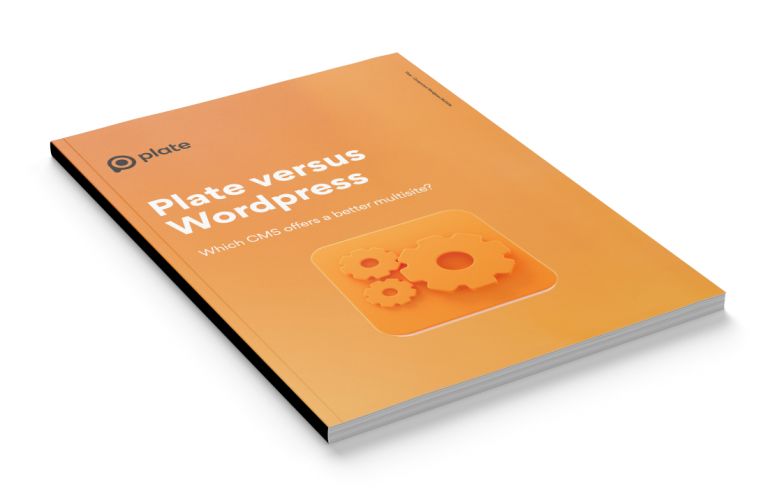Advice on selecting a new CMS
The question ‘What is the best CMS for me?’ we get multiple times per week. After all, you don't select a (new) CMS every week, and then there is one CMS that stands out head and shoulders above it in terms of name recognition. What to do with all those CMSs....
The CMS world is changing very quickly, and if you are not up to your ears in knowledge of Content Management Systems, or only know one or two CMSs really well, for example, it makes sense to read on. We take off our Plate glasses for a moment and put on the glasses of CMS expert to take you through the various factors when choosing a new CMS.
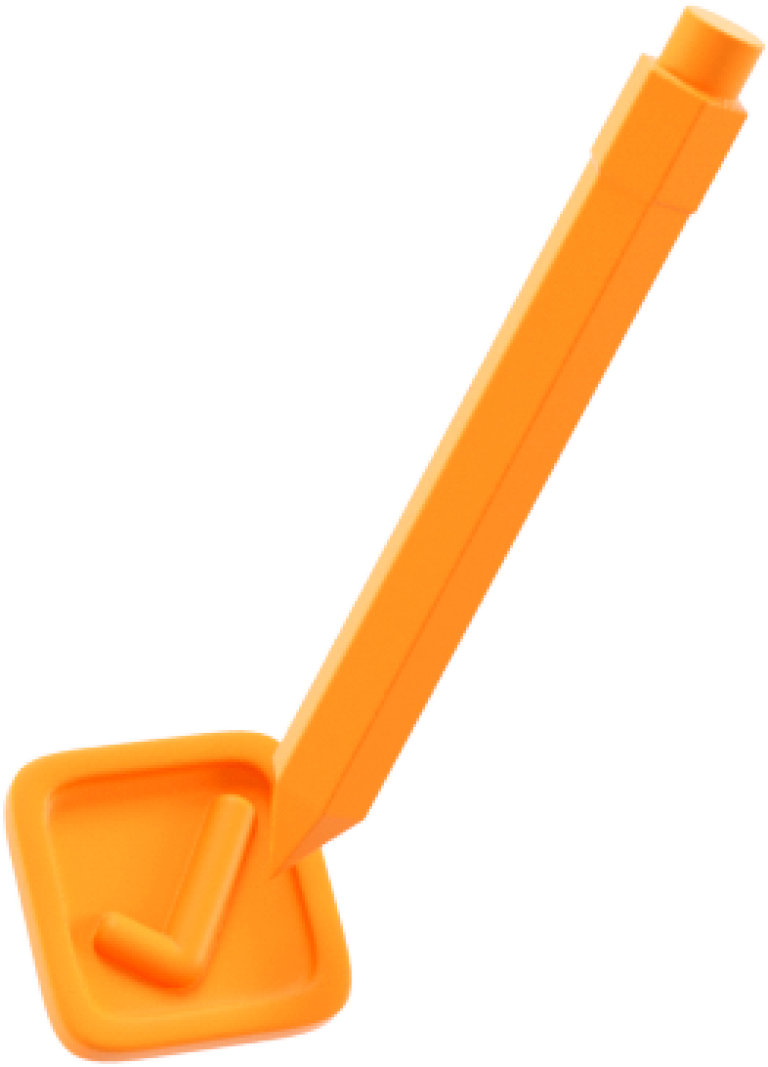
CMS jargon and abbreviations
Not up to your ears in the CMS matter? If so, you'll probably soon stumble across abbreviations and jargon. Want to know what the most common buzz words mean? Then read this paragraph. If you want to know "high over" how to choose your ideal CMS, skip this paragraph.
In today's digital world, businesses are becoming increasingly sophisticated and complex. To meet these challenges, it is important to opt for innovative and flexible solutions. One of the most popular buzzwords right now is "Headless''. This means that the front-end and back-end of a website are developed separately, making for a more flexible and scalable solution.
Another buzzword that is becoming increasingly common is "Composable''. Composable stands for putting together different software components to form a strong whole. Companies looking for more flexibility and efficiency often opt for this.
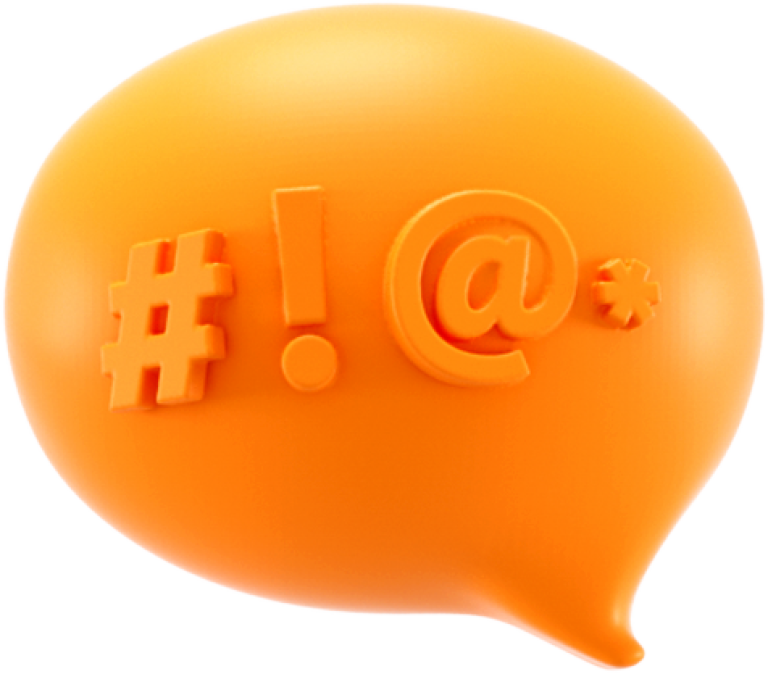
The term "MACH" (Microservices-based, API-first, Cloud-Native and Headless) is also coming on strong. It describes an architecture focused on speed, scalability and flexibility.
'DXP' (Digital Experience Platform) is a term that stands for a platform that helps companies create an outstanding digital experience for their customers.
'Omni-Channel' is a term that stands for the ability to provide a consistent experience on any channel, whether a website, app, social media or anything else.
'Multi-tenant' is a term that stands for a technology capable of supporting multiple clients on a single infrastructure. Read more about multi-tenant.
'Cloud' and 'SaaS' (Software as a Service) are buzzwords that represent the ability to use software over the Internet, rather than local installations.
Finally, "Open-Source" is a term that stands for software whose source code is publicly available and can be used, modified or further developed by anyone.
What factors determine 'your ideal CMS'
Over the years, we have participated in, or co-written, hundreds of CMS selections. We think many of the criteria have a lot of overlap. Things like SEO optimization, intuitive operation, ability to link are the standard in (almost) every CMS today.
The following criteria I don't often see in a CMS selection and strongly determine which CMS is really going to feel like your ideal CMS. The better you are able to get on paper how you want to use the CMS and what the end result should be the better you can analyze where you might want to make "trade-offs.
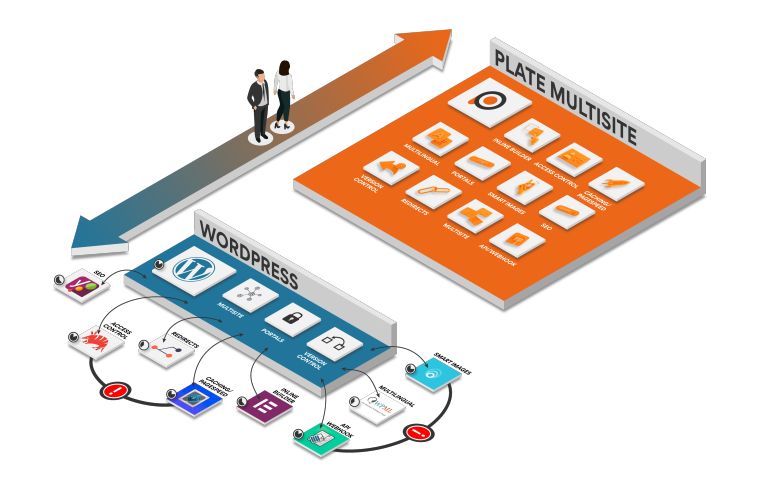

1. Level of knowledge and maturity
Do you have insights into how mature your organization is in content, communications and marketing? Often we see managers dreaming big about "data driven marketing" while marketers are already struggling to get so much input from the organization to write a content blog every two weeks.
A nice tool might be to measure yourself along the ‘content maturity model’ (Dutch Article). Write down your current level and ambition level and find out how this impacts CMS.
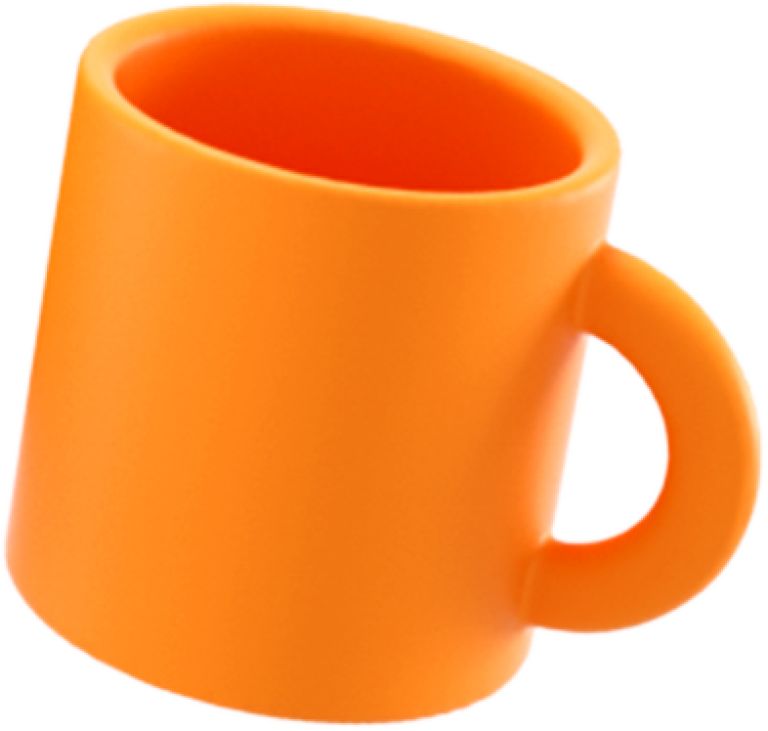
2. In-house or outsourcing?
How do you want to handle the website project and continuation? Do you want to develop your website yourself or be responsible for the content and data model? Or do you want to leave everything to an agency. When choosing the CMS, always look at the availability of developers in a specific front-end framework (or go agnostic with headless) and see if the project (both internally and externally) will not be too much on the shoulders of one person. That person may make (or push through) the choice of a specific tool that you later regret because that person's vision was not the vision of the company or that person leaves and no one can take over her or his job.
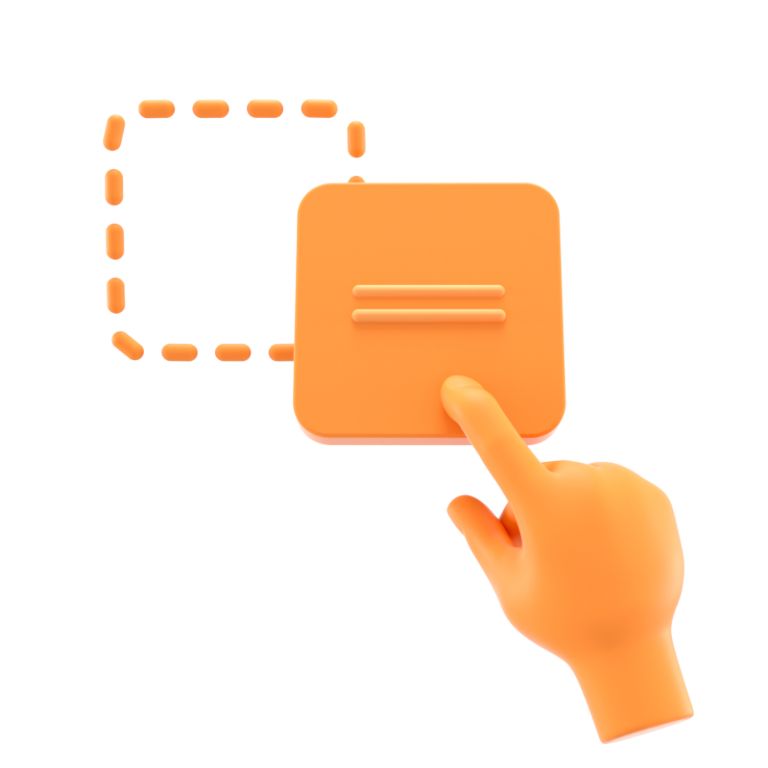
3. Content Experience
Irreverently, we sometimes call this a block box. How much flexibility does a marketer have to create a cool, compelling content experience? Or is she or he stuck in structures and patterns and cannot be flexible with content? Especially when selecting a headless CMS, you need to pay close attention to this. Because form is separated from content in headless, the visual editor is also gone.
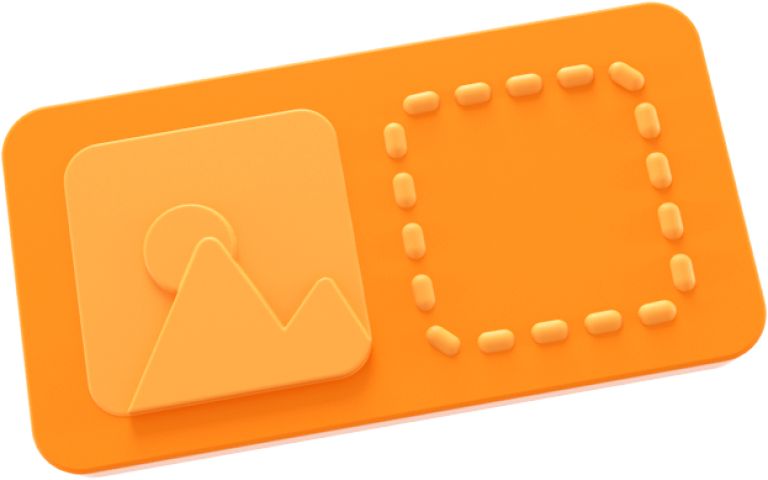
4. User Experience
With UI/UX, everyone quickly thinks of the website visitor's experience. But a content marketer works in the CMS on a daily or weekly basis. How fast, flexible and easy does the CMS work? For example, can you crop image yourself, add videos, copy sections or pages. You will be amazed that sometimes the simplest tasks are not possible or still take a lot of time. This causes a marketer to either spend a lot of time, or not use the system or use it less, and thus (if all goes well) your business objective is compromised.

5. Multi component
More and more companies are getting a "multi" component to their business case. With the globalization of the economy, companies increasingly need websites for different countries, different labels, brands, locations, etc. Again, make sure you choose a smart CMS where you can copy or reuse content, content experiences or data across labels, countries, locations. The Plate multisite is a great example for this group.
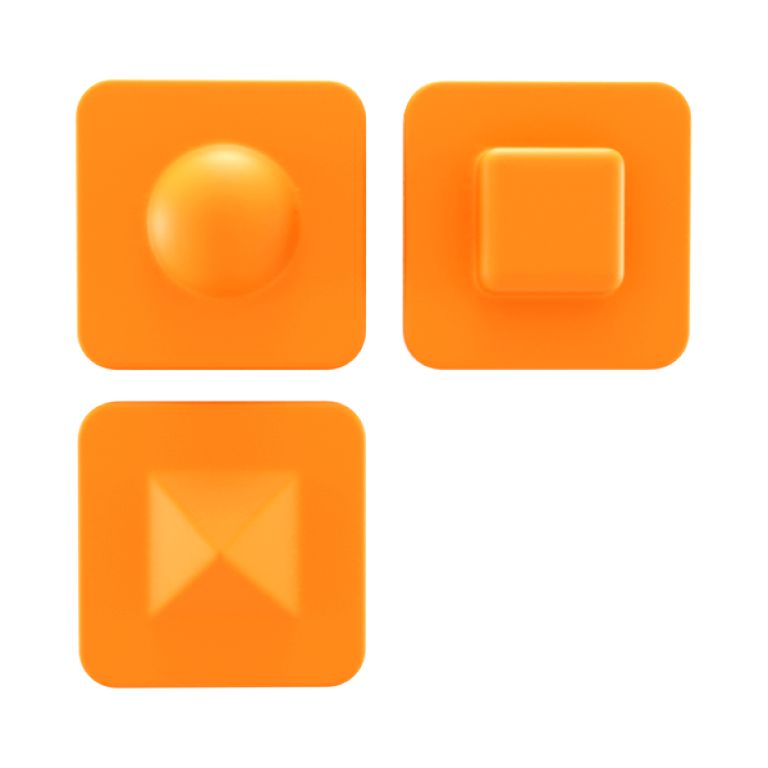
6. What channels do you want to use?
What are the channels you want to publish content on? Mainly web? Or for example also via narrowcasting, an app or something else. The more channels the more flexible a CMS should be in receiving content and data and publishing content experiences. An average company has several communication channels like this. Just count: a website, a worksite website, a customer portal, a dealer/reseller portal, an intranet and a knowledge base. If you have to maintain separate content for each channel, a marketer will spend hours a week copying and pasting messages that he or she later has to manage separately.

7. Out-of-the-box vs plugins
Going for an out-of-the-box CMS with many different options? Then you have no worries about upgrades (this is done centrally) and your options are endless. But then you have to use all the features. I regularly see companies that purchase a feature-rich CMS but end up using only 30% of the features (but paying 100%). These out-of-the-box CMSs are usually more expensive to license but take the worry out of it and grow with you.
You can also go for a different approach. For example, a Wordpress CMS does not contain much by default but is highly extensible with plugins. This choice may be more economical in the short term, but it creates a strong dependence on developers and plugin developers. There are plenty of stories on the Internet about updating and maintaining (insecure) plugins. For both situations, it is good to orient yourself on the pros and cons. You will have to make a choice: either depend more on individual developers or on a company (and the financial component).
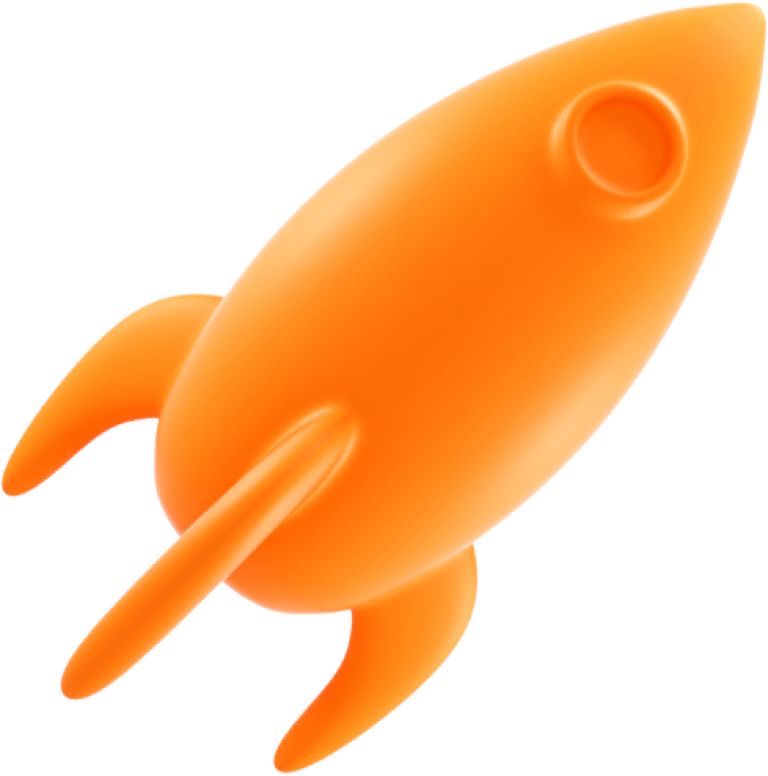
8. Vision and direction of CMS
Nothing is as dynamic as the software world. Therefore, it is good to realize that if you choose a CMS for one reason that that CMS may grow in a completely different direction in the future in terms of features, price, etc. So do broad research on the type of customers (are they strong in a particular segment) and resellers.
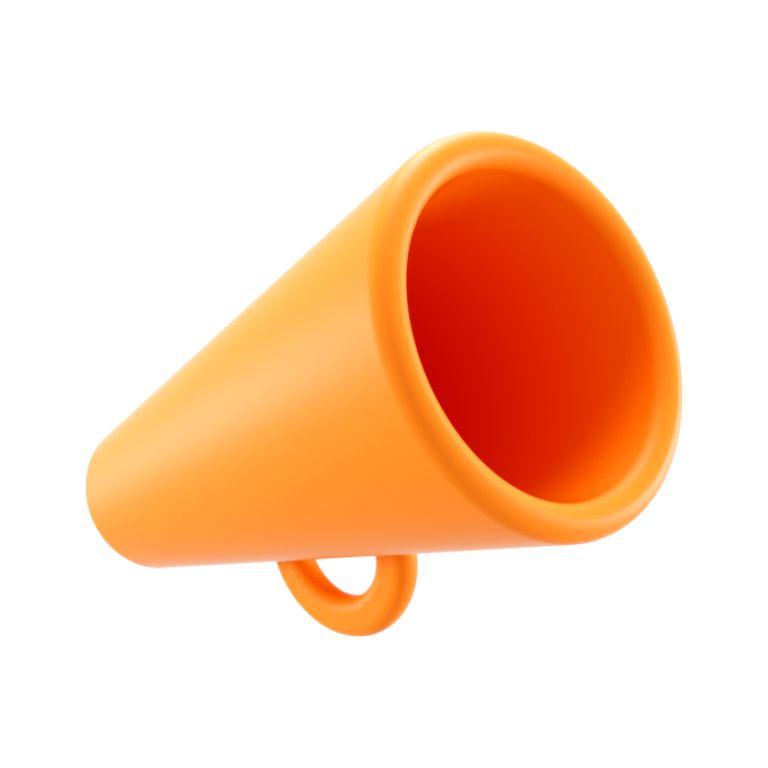
9. Should I follow the advice of friends and family?
If you are not in the business, a first reflex may be to ask your closest circle for their suggestion for your CMS. The name "Wordpress" falls quickly because it is the most well-known CMS. But worldwide, the Toyota Corolla has been the best-selling car for years. But does that immediately make it the best choice for your situation? If someone is a CMS expert, you should definitely take her or his feedback but then also challenge the expert to look at your specific situation and come up with some alternative systems.
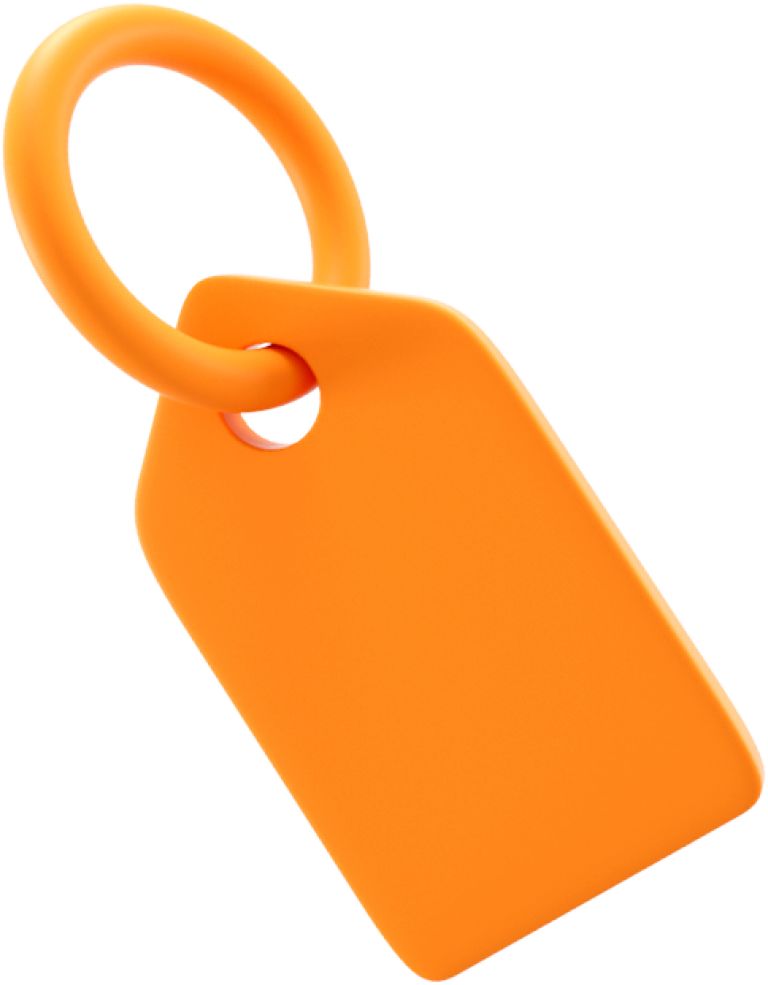
10. Adoption
When selecting a CMS, it is important to carefully assemble a company-wide committee consisting of representatives from different departments, such as Marketing, Content, Communications and IT (possibly supplemented by agencies).
The choice of CMS should be a joint decision and take into account the future requirements, use cases and growth of the organization (e.g. B2B in addition to B2C or internationalization). The new CMS should be a tool to set business objectives rather than a tool in itself.
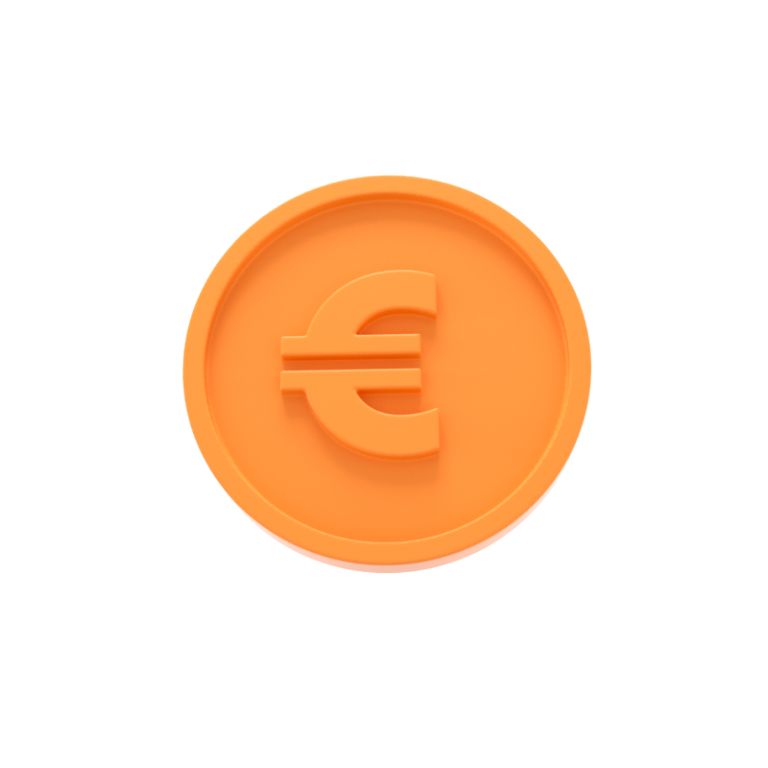
11. Pricing
The important thing to keep in mind is that price is not the same as cost. You can buy an expensive CMS and not use it, select an Open-Source CMS that seems (almost) free but requires a lot of configuration and maintenance, or select a SaaS CMS and soon have to switch to a more expensive package because you need just that one feature.
All things to think about in advance. No CMS is truly free, and above all, don't forget about component adoption and usage. If your CMS is hardly used, every euro is too much.
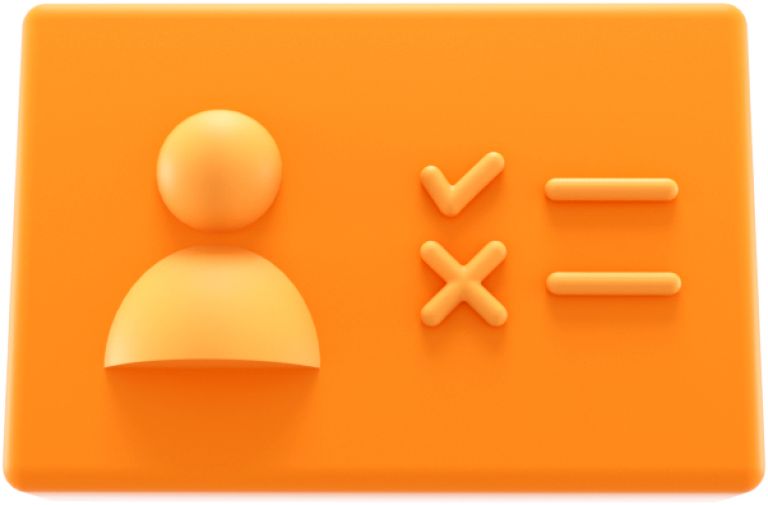
12. Support / Community
Another part you should look into before starting your website project is how close the community is and how quickly and substantively support questions are responded to. To what extent are there real 'product fans', is there for example an open Slack or Discord channel and is there a professional support environment including documentation? Chances are that you don't think about this at all beforehand but this is crucial in the use of the CMS shortly.
Learn more. Download one of these white papers
RFI / RFP template
Download this guide to make a better ask when looking for a new (Headless) CMS or Experience Platform.
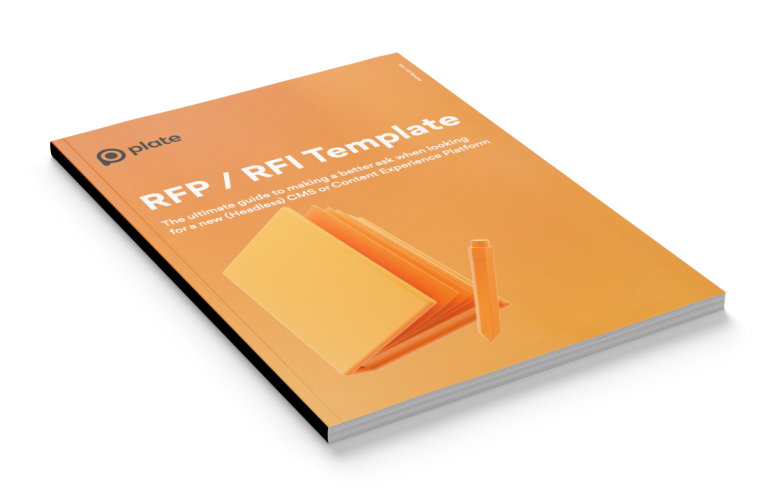
Plate CMS specificaties
Want to read the ins and outs of Plate CMS from both a user and technical perspective? Download Plate's CMS specifications here.
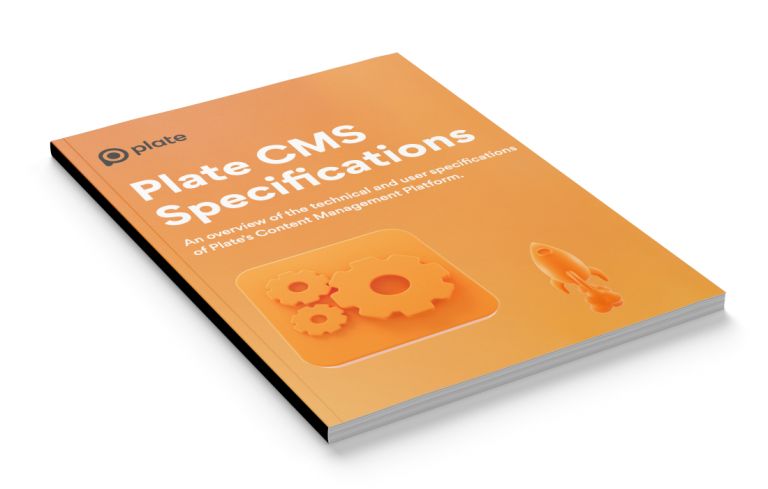
Plate versus Wordpress Multisite
This white paper aims to explain the differences between Plate and WordPress and help you in choosing a multisite platform.
